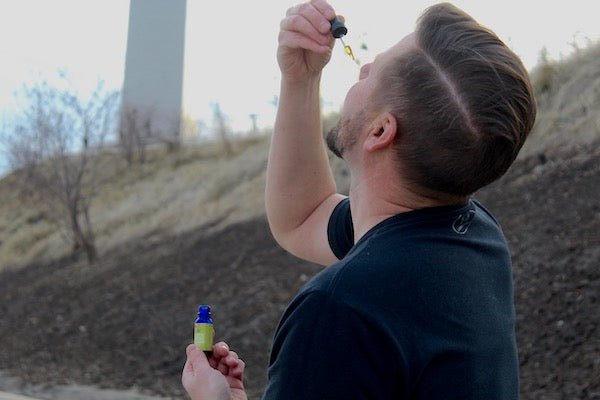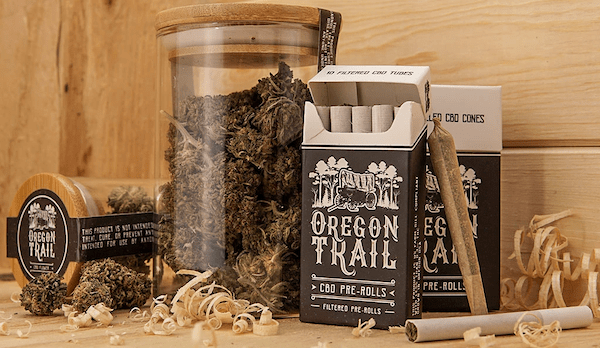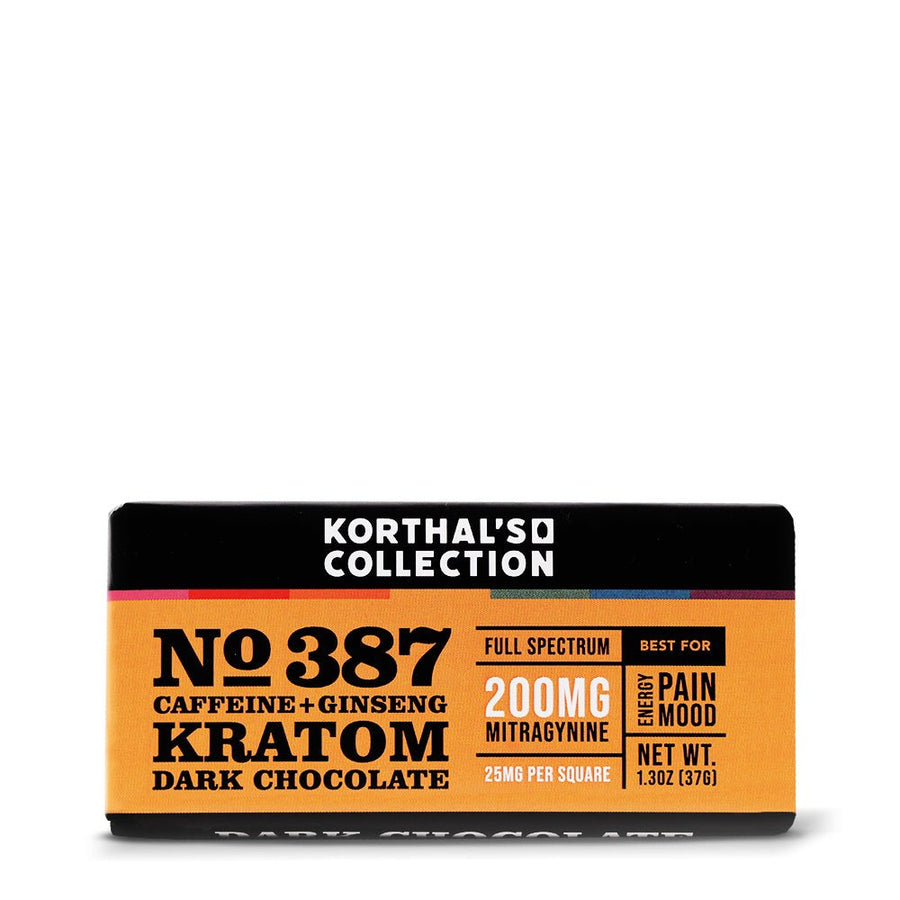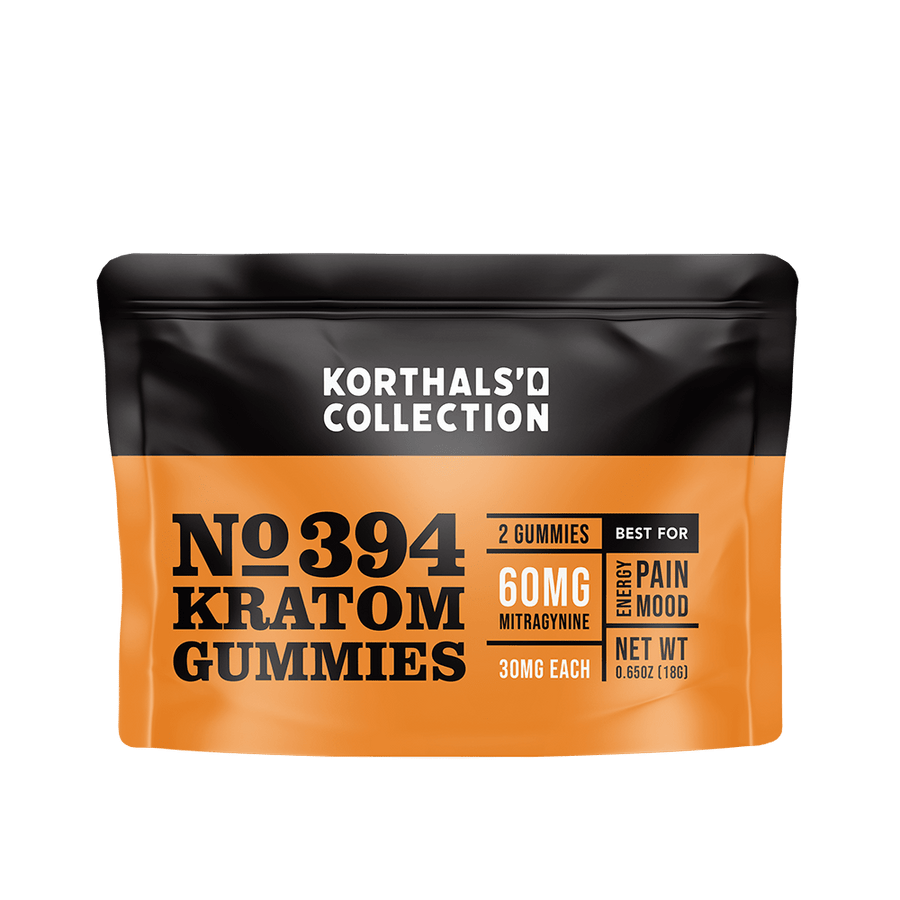Hemp, known formally as Cannabis sativa, is a fast-growing plant that has been cultivated for centuries for a variety of uses. Hemp is frequently referred to when speaking about maintaining wellness and assisting with ailments associated with pain, mood, and sleep. But, there is a multitude of other uses for hemp. According to the Congressional Research Service, there are 25,000 hemp-based products used internationally. Some of these products include textiles, clothing, and bioplastics. With an increase in environmental awareness and a demand for more sustainable resources, hemp is quickly becoming the ideal plant for cleaner alternatives to normal household items. Here are some of the top uses for hemp and ways you can incorporate sustainable resources into your everyday life.
Paper
Paper, used for a variety of purposes, is one of the top industrial products that we use on a daily basis; however, trees take decades to grow before they are able to be used for paper products and can only be recycled three times before having to be disposed of as waste. According to a study by the United States Environmental Protection Agency, the average American uses seven trees a year in paper, wood, and other products. Hemp on the other hand grows in about 100 days and can be recycled twice as many times as regular tree products. In addition, the composition of hemp makes higher quality paper than wood.
Clothing
The hemp plant can be used to create a durable fiber that’s used for rope, clothing, and other fibrous products. Hemp plant fibers are tougher, but when processed into fabric, have a similar texture to cotton. Hemp fibers in clothing also last twice as long as regular cotton fiber clothing because it does not deteriorate after being washed.
Food
Hemp seeds are known for their high levels of protein and omega oil-rich fatty acids. Hemp seeds can be cultivated and used for a variety of food alternatives as well as pressed into an oil to use in cooking. The remaining “waste” after pressing the seeds can be used to make flour or protein powder. Hemp can also be used to create a dairy and soy-free alternative to milk for baking or using in breakfast meals.
Skincare
Hemp is used in many different skincare products due to its ability to deeply penetrate the skin without clogging pores. It also contains fatty acids, amino acids, and antioxidants that are essential to skin health because of their hydration and protection abilities. Hemp seed oil is used in body oils, creams, facial cleansers, and more.
Chemical Cleanup
In agriculture, maintaining good soil health is pertinent to the production and abundance of crops. Even with consistent crop rotation, the slightest imbalance due to heavy toxins or metals can be detrimental to plant health. Hemp is one of many plants that go through a process called bioremediation, which is when hemp plants are able to remove metals, radioactive materials, and other harmful compounds from the soil as it grows. This process was used in Chernobyl to help remove radioactive material from the soil.
Hemp and its industrial and commercial uses increase as more research comes out about its benefits for the environment as well as personal use. As research on renewable and sustainable resources for the future and as policies change, we can look forward to hearing about more benefits of hemp and its uses.






















































